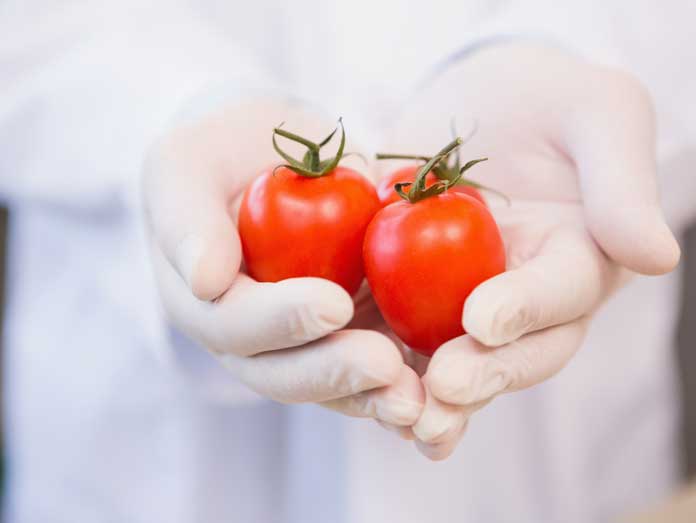Scientists at the University of Oxford’s Department of Plant Sciences have discovered how the overall process of fruit ripening in tomato (including colour changes and softening) can be changed –speeded up or slowed down. The discovery offers a novel opportunity for crop improvement.
The Oxford team found that by modifying the expression of a single protein located in subcellular “organelles” called the plastids (in tomatoes, these control the ripening process), they can exert some control over ripening. Despite their importance in delivering fruit colour, so far little was known about how plastids are involved in the ripening process. Significantly, the results published a few days ago in the scientific journal Nature Plants provide a theoretical basis for the modification or manipulation of the ripening of fleshy fruits such as tomato.
Corresponding author, Professor Paul Jarvis from Oxford’s Department of Plant Sciences, stated that the study revealed real potential for crop improvement and “could be used to develop early or late fruiting varieties of fleshy fruits, or to improve the transportability or shelf-life of fruit by delaying ripening without compromising the quality of the ripe fruit.”
“It’s fascinating that the amount of a single protein in these tiny subcellular structures called plastids can have such far-reaching consequences for fruit ripening in tomato.”



















